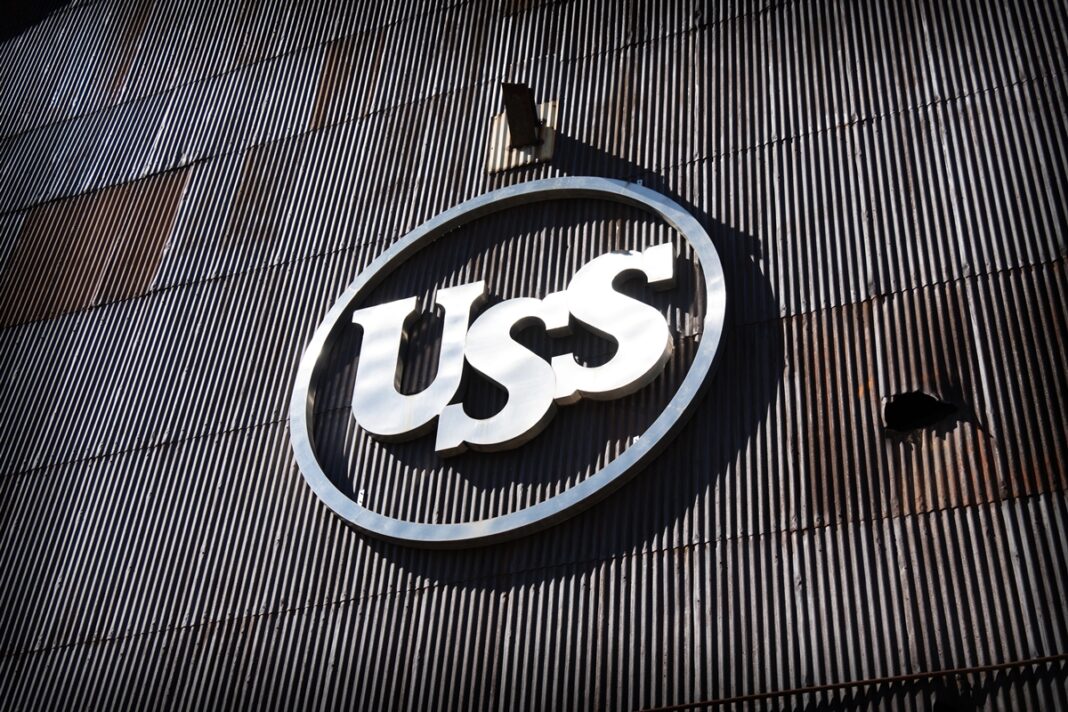
As Nippon Steel finalizes its acquisition of U.S. Steel, investors are turning their attention to the company’s financial strategy. Nippon Steel has secured 2 trillion JPY (approximately 13.72 billion USD) for the acquisition through bridge loans and is now working to secure its financial stability through a combination of hybrid loans, a capital increase, and asset sales designed to reduce the financial burden of the deal.
On Friday, The Nihon Keizai Shimbun (Nikkei) reported that Nippon Steel will issue a 500 billion JPY (approximately 3.43 billion USD) hybrid loan this September to refinance its bridge loans. Hybrid loans are typically classified as debt, but have equity-like characteristics. The company had already proactively raised 250 billion JPY (approximately 1.71 billion USD) through hybrid bonds in June.
The 2 trillion JPY (approximately 13.72 billion USD) acquisition was financed with short-term bridge loans from financial institutions, which carry higher interest rates than conventional loans. The combined interest-bearing debt of Nippon Steel and U.S. Steel is estimated to reach 5 trillion JPY (approximately 34.29 billion USD).
Nippon Steel is also considering a potential capital increase. Vice Chairman Mori Takahiro stated that the company is considering the capital increase at a level that does not affect post-integration earnings per share (EPS).
On the Tokyo Stock Exchange on Thursday, Nippon Steel’s stock price surged over 5%, briefly touching 2,844 JPY (approximately 19.50 USD) before closing at 2,766 JPY (approximately 18.97 USD), a 2% increase from the previous session.
Regarding capital investments, U.S. Steel intends to fund its planned 1.6 trillion JPY (approximately 10.97 billion USD) investment through its own profitability. However, while Nippon Steel touts increased production capacity, questions remain about whether steel demand will support this expansion amid fears of an economic recession.
Daiwa Securities analyst Shinichiro Ozaki voiced concerns, noting that the 2 trillion JPY (approximately 13.72 billion USD) acquisition funds will incur annual interest expenses of 60 billion JPY (approximately 411.5 million USD) at a 3% rate. Ozaki added that while U.S. Steel is expected to contribute around 100 billion JPY (approximately 685.80 million USD) in profits for the fiscal year ending next March, a significant portion may be offset by interest costs.
Asset compression also remains a challenge for Nippon Steel. Despite cutting its policy-held shares by over 80% since 2013, the company still holds approximately 440 billion JPY (approximately 3.018 billion USD) in such assets on a consolidated basis. The possibility of selling shares in listed subsidiaries, including Nippon Steel Solutions and Osaka Steel, has also been raised.


